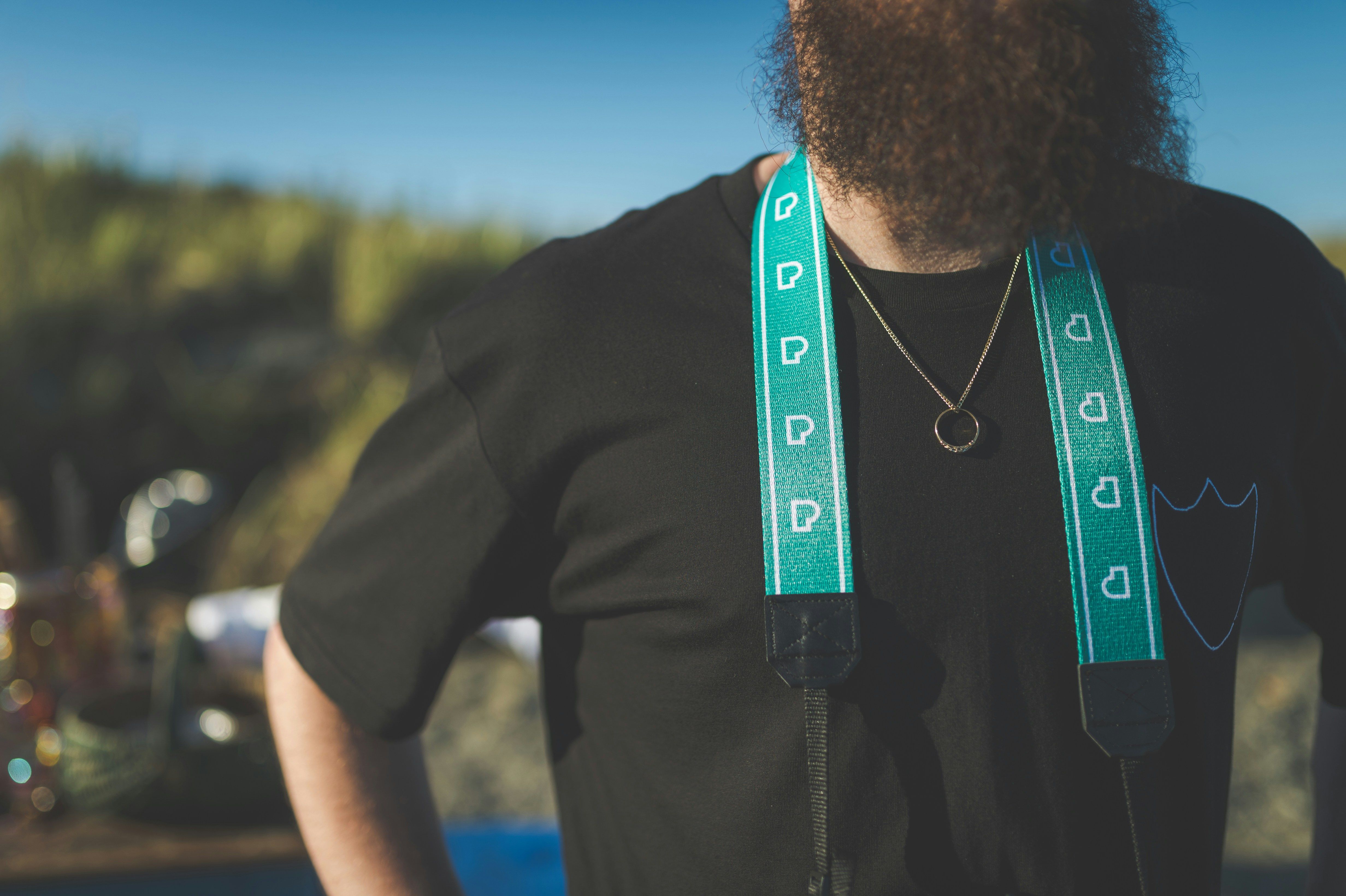Recommendation Proposed for Prohibition of Younger Than 14 from Accessing Social Networks
Quebec's Special Commission on Screens has proposed age restrictions for children using social networks, recommending that parents' consent is required before access is granted at the age of 14. The commission, comprising cross-party members, has presented a total of 56 recommendations designed to mitigate the impact of screens on young people's health and development.
Adopting the concept of a "digital majority," the commission advocates for setting the minimum age at 14, drawing inspiration from regulations implemented in Australia and France. The objective, as stated by commission president and CAQ deputy Amélie Dionne, is not to prohibit social networks, but instead to better manage their usage and promote digital sobriety among young people.
Despite admitting the challenges involved in implementing such a measure, Solidarity Party MNA Alexandre Leduc expressed that such a regulation can serve as a guideline, similar to the legal drinking age in Quebec, even if not universally adhered to.
Alongside the digital majority proposal, the commission recommends that schools refrain from using screens as a reward system in line with the Quebec Strategy on Screen Use. The Quebec Federation of Teachers has welcomed this recommendation but emphasizes the importance of proper implementation.
Furthermore, the commission calls for better regulation of social media influencers' content and more stringent control over electronic sports programs in schools to identify signs of cyberdependence.
The commission also addresses parents, recommending a national information strategy to encourage them to limit screen exposure for their children before bedtime and in bedrooms. The strategy encourages parents to avoid using screens as a means to calm or distract their children, reminding them that their behavior serves as a model for their children's screen usage habits.
The commission's provisional report, including the recommendation for banning mobile phones in schools from the next school year, was released in April. However, not all elected officials agreed on the speed of this implementation, with Liberal MNA Enrico Ciccone advocating for more time to prepare school staff for the change.
Additional recommendations involve prohibiting the sale of random paid lots, known as loot boxes, in video games sold to minors and ending microtransactions in video games. The commission has also called for increased surveillance of electronic sports programs in schools to better address cyberdependence issues.
Ciccone remains critical of these programs, but he ultimately rallied to the commission consensus to maintain them as a means of keeping children in school. The commission encountered refusals from Meta (Facebook and Instagram owner) and ByteDance (TikTok owner) to be questioned before the elected officials. In response, the commission chose to focus on collaborating with other entities and engaging in ongoing dialogue rather than instigating a protracted fight.
The Quebec Special Commission on Screens suggests implementing a minimum age of 14, the "digital majority," for children's use of social networks, aligning with regulations in Australia and France. This regulation, much like the legal drinking age, may serve as a guideline for parents, while schools are recommended to avoid using screens as rewards and promote better lifestyle choices.




